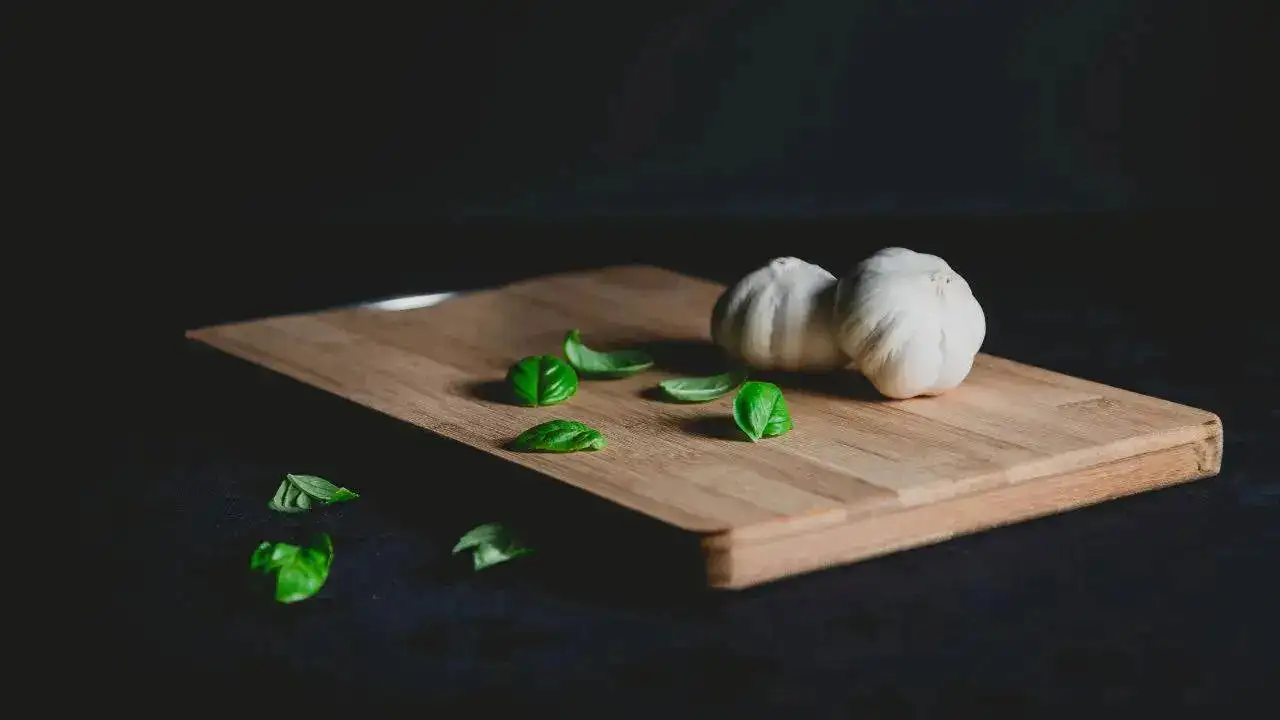By Shireen Jamooji
Ever noticed how a whole bulb of garlic sits quietly in your kitchen cupboard, but the moment you bring out the knife, it announces its presence to everyone in the vicinity? This aromatic transformation isn’t just your imagination it’s fascinating kitchen chemistry at work. The Science Of SmellWhen garlic remains intact, it’s actually quite well-behaved. The cloves contain compounds called alliin and an enzyme called alliinase, but crucially, these substances are stored in separate compartments within the garlic’s cells rather like keeping two reactive chemicals in different rooms. This clever arrangement keeps the peace whilst the garlic remains whole. However, the moment you slice, dice, crush or chop garlic, you break open those cellular walls. It’s as though you’ve knocked down the dividing wall between those two reactive chemicals, allowing them to meet for the first time. When alliin and alliinase come together, they react swiftly to create allicin the compound responsible for garlic’s distinctive aroma. The allicin doesn’t hang about for long. It quickly breaks down into several other compounds, including allyl methyl sulfide. This sulphur-containing compound is particularly troublesome; it’s highly volatile, meaning it readily evaporates into the air and wafts straight to your nose. This explains the sudden burst of garlic aroma that fills your kitchen whenever you prep it for cooking. In Defense Of Garlic Interestingly, this pungent response isn’t just a culinary quirk it’s actually garlic’s clever defence mechanism. In nature, when animals bite into garlic, these smelly compounds are released, deterring would-be predators. After all, many creatures have learned that smelling strongly of garlic might compromise their ability to hunt or hide. For us humans, whilst the smell might be temporarily overwhelming, it signals the release of compounds that some research suggests may have health benefits. Yet these same compounds are responsible for the infamous ‘garlic breath’ that can linger for up to 48 hours. As these sulphurous molecules enter your bloodstream, they don’t just affect your breath they can even seep out through your skin and sweat. So next time you’re preparing a garlicky feast, remember that the intense aroma filling your kitchen is actually a sophisticated chemical reaction that’s been perfected over millions of years of plant evolution. Just perhaps warn your dinner guests beforehand or better yet, make sure everyone partakes so you’re all in the same fragrant boat.
